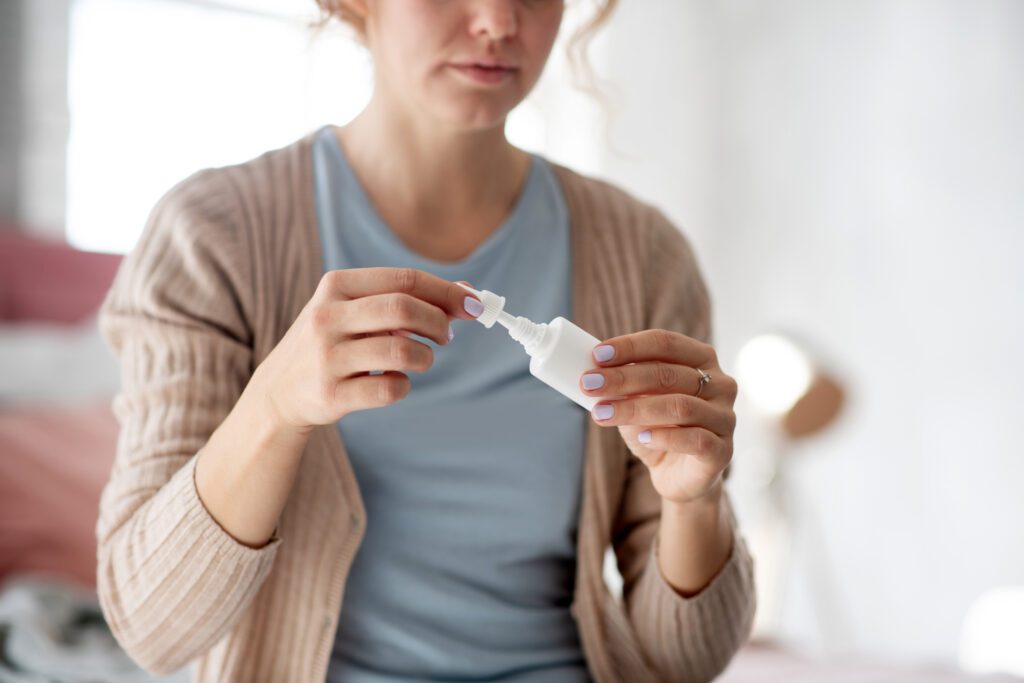Depression is one of the most prevalent mental illnesses in America. For years, chemical imbalances in the brain dominated the way doctors and medication suppliers approached treatments for depression. But as research grants and additional studies have been made available; researchers are beginning to approach depression and treatment methods in brand new ways.
This blog will delve into the foreground of depression and how new research is reshaping the way we view, approach, and treat it.
Signs and Symptoms of Depression
With one in 10 adults experiencing depression at some point in their life, depression has become one of the most common mental disorders among Americans.
The effects of depression can range in severity and result in symptoms, such as:
- Sleep problems
- Low energy levels
- Change in appetite and weight loss
- Consistent feelings of sadness, guilt, or hopelessness
- Trouble focusing, concentrating, or thinking clearly
- Interference with work, relationships, school, and everyday life
The Monoamine Hypothesis
The Monoamine Hypothesis is a theory that states depression is caused by an imbalance or low levels of serotonin, norepinephrine, and dopamine in the central nervous system. The way these three brain chemicals work individually and in combination can greatly impact an individual’s mood, behavior, and other natural body functions.
Here’s a closer look at what each of these chemicals do for the body:
Serotonin: Serotonin is a neurotransmitter that plays a key role in regulating mood, appetite, sleep patterns, and many other important body functions. When serotonin levels are low in the body, it can result in symptoms of depression.
Norepinephrine: Norepinephrine is a hormone that plays a role in the brain’s response to stress. Norepinephrine increases blood flow, heart rate, and breathing as well as other responses related to our “fight or flight” instinct. Low norepinephrine levels can lead to issues with focus, sleep, and energy, while higher norepinephrine levels may result in hypersensitivity to stimuli, irritability, or excitability.
Dopamine: Dopamine affects a variety of functions and is responsible for giving us feelings of pleasure or reward. Those with low dopamine levels can experience symptoms like fatigue, sadness, lack of motivation, or less interest in activities they normally enjoy doing.
Although an imbalance of these three chemicals was thought to be the sole cause of depression for many years, researchers have identified and continued studying other factors that can play a role. Identified factors include genetics, life events (stressful periods), medications, and substance abuse — all of which impact our moods.
Treating chemical imbalances with selective serotonin reuptake inhibitors (SSRIs)
While SRIs can be helpful, not all people respond equally to an SRI treatment plan and some may even experience ineffectiveness over time. Today, selective serotonin reuptake inhibitors (SSRIs) are still the most common treatment initially prescribed to patients struggling with depression.
The link between a chemical imbalance and depression, which is stated in The Monoamine Hypothesis, led to the acceptance and use of serotonin reuptake inhibitors, commonly known as SSRIs. These medications are used to regulate levels of mood-boosting chemicals, specifically serotonin, in the brain. SSRIs work by blocking and preventing the reabsorption of serotonin, which allows more serotonin to stay active, thus helping treat symptoms of depression. Common SRIs include medications such as Prozac and Zoloft.
How researchers are changing the conversation surrounding depression
Breaking away from the traditional Monoamine Hypothesis ideology, researchers are now receiving grants to study other causes of and treatments for depression. Two main reasons for new research include the Treatment-resistant depression (TRD) and the increasing rate of suicide.
TRD occurs when two or more anti-depressants fail to relieve symptoms. Because of this, many SSRIs aren’t showing results or are proving to be ineffective with time, making doctors, patients, and researchers alike question if The Monoamine Hypothesis is the only cause of depression and if there are other approaches to help treat depression.
New studies and research include:
- How inflammation and the immune system may play a role in depression
- How some Schedule I psychedelics, such as magic mushrooms, are being made legal and could be used to treat mental health disorders
SPRAVATO®: What it is and how it can help
While the road to safely legalizing Schedule I psychedelics as a treatment for mental health disorders is long, one medication that targets depression is already approved and successfully used by patients.
SPRAVATO® is a nasal spray that can be taken along with another anti-depressant medication to deliver adequate relief for those struggling with treatment-resistant depression (TRD). SPRAVATO® is unique in that it targets the N-methyl-D-aspartate (NMDA) receptor in ways other anti-depressants do not.
This is key to the effectiveness of SPRAVATO® because NMDA is a glutamate receptor involved in synaptic plasticity. Synaptic plasticity is the strengthening or weakening of brain connections, and it is thought that issues with glutamate production can be tied back to depressive symptoms.
If you or someone you know is struggling with depression, or if you are curious about SPRAVATO® as a solution for TRD, schedule a consultation with us today:
- Email: info@njhwellness.com
- Phone: (201) 588-3491 or (973) 556-7702
- Online Form: https://njhwllc.com/contact/
